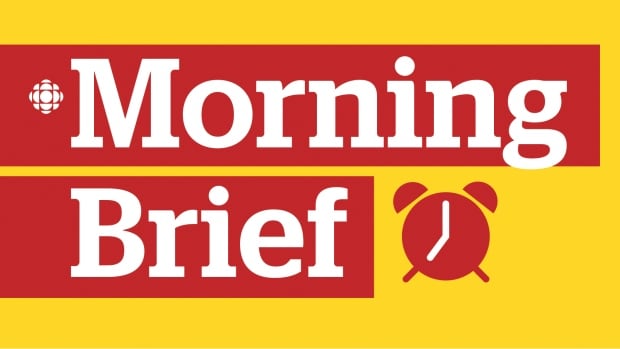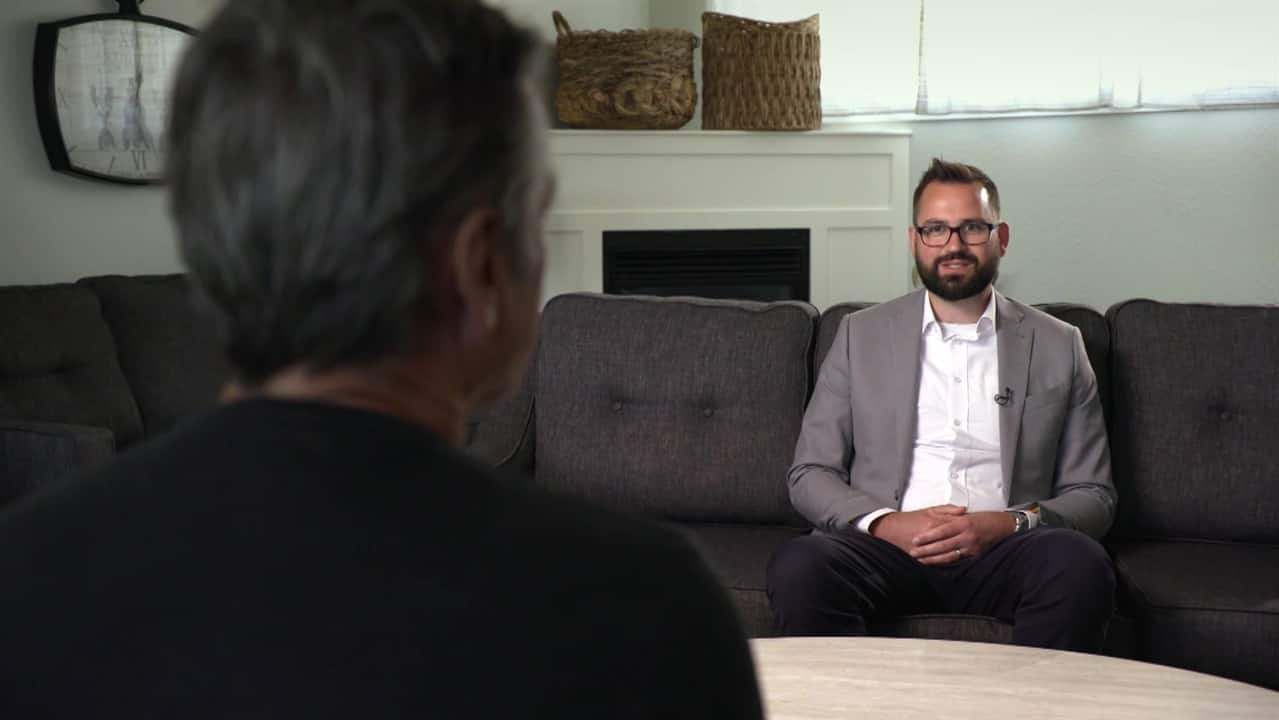
Good morning! This is our daily news roundup with everything you need to know in one concise read. Sign up here to get this delivered to your inbox every morning.
Mormon Church in Canada moved $1B out of the country tax free — and it’s legal
As a chartered professional accountant, part of Nigel Kennett’s job is financial audits.
While reviewing the books of a religious organization, the Edmonton resident decided to take a look at the finances of his own church, using the website of the Canada Revenue Agency.
He typed “the Church of Jesus Christ of Latter-day Saints” into the search box, and checked the first hit.
“I was floored,” he said.
That year alone, he saw on the website, the LDS church sent almost $100 million to its Brigham Young University in the United States. The majority of that money came from tithing — or the 10 per cent of gross annual income some 200,000 Canadian Mormons like Kennett and his wife contribute to the church annually.
In fact, in the last 15 years, the LDS church in Canada has moved more than $1 billion across the border to Brigham Young universities in the U.S., an investigation by CBC’s The Fifth Estate has found.
If members of the church such as Kennett were surprised to see how donated money was used, so, too, might Canadian taxpayers. According to tax experts consulted by The Fifth Estate, the church’s tax-free status meant the move may have cost the Canadian treasury as much as $280 million.
It’s perfectly legal for the church to send money to BYU.
According to the tax experts consulted by The Fifth Estate, the money sent to BYU costs other Canadian taxpayers anywhere between 16 and 28 cents for every dollar donated.
“The tax provision administered by the Canada Revenue Agency is both legitimate and well-known,” a church spokesperson said in a statement to The Fifth Estate.
In response to The Fifth Estate, the CRA said organizations that choose to register as charities are required to follow a particular set of rules listed in the Income Tax Act.
“The Canada Revenue Agency ensures only eligible organizations qualify for registration and that charities devote all of their resources to charitable activities. To the extent that a charity is found to be devoting its resources to activities that are illegal, non-charitable or contrary to the requirements of the Income Tax Act, it can have its registration revoked,” a CRA official said. Read the full story here.
Sole occupant
(Clodagh Kilcoyne/Reuters)
Myhaylo Yurkiv, 65, climbs out of the small bunker he stayed in for six months during fierce battles under Russian occupation, which destroyed every home in the village of Tsupivka in eastern Ukraine. The village was cut in two by the shelling of a bridge, leaving Yurkiv now as the only person living on his side of the village.
In brief
Scott Gillingham will be Winnipeg’s next mayor after a tight race, where he and his closest rival remained neck-and-neck up until the last ballots were counted. With all polls reporting just before 10 p.m. CT, Gillingham had received 27.54 per cent of the ballots cast. The second-place candidate, former Winnipeg mayor Glen Murray, got 25.29 per cent. Gillingham, who was previously a city councillor, prevailed Wednesday evening by a margin of 4,391 votes. “What a night,” Gillingham said to applause as he came out to address supporters at the Clarion Hotel. “Next week, it will be my high honour to serve and to govern and to lead this city.” Read more on the election here.
Canada’s civilian spy service assessed whether First Nations land rights activists who disrupt trains should be classed as a “terrorist threat” to national security alongside the likes of al-Qaeda and ISIS, according to declassified documents. But the Canadian Security Intelligence Service (CSIS) eventually decided the charge wouldn’t stick after probing the issue in secret, internal studies whose findings were shared with government officials in an unclassified March 2021 counterterror briefing. CSIS reached this conclusion through analysis of Canada’s Criminal Code, under which, to be considered terrorism, interference or disruption of essential services must inflict death or injury through violence, or otherwise cause serious risk to public health and safety. “Unsophisticated acts of unlawful interference [like blockades] do not cross the terrorism threshold,” the Integrated Terrorism Assessment Centre said in a report released through access-to-information law. Read more on this story here.
Tozheg Roshankar, a landlord trying to evict a tenant who allegedly used fraudulent documents to rent a unit in the Mississauga, Ont., home she owns, says she’s been told the wait time to get a notice for a hearing date at Ontario’s Landlord and Tenant Board is between eight and 10 months. “So every month … I’m going $2,500 into debt,” Roshankar said, noting she’s now using a line of credit to make the mortgage payments on the two-unit home, after previously relying on rent to help cover costs. Some landlord and tenant advocates say Roshankar’s situation is not uncommon and that much more needs to be done to address the delays that persist two years after a temporary moratorium on eviction hearings ended. The moratorium on hearings, which lasted from March to August 2020, was introduced because of the COVID-19 pandemic. Read the full story here.
Brenda Diederichs was one of dozens of people trapped in a B.C. valley on Nov. 15, 2021, after a landslide blocked Highway 99, about 40 kilometres southwest of Lillooet, B.C. When a second slide swept the area, it left five people dead, among them her 36-year-old son, Brett Diederichs, whose body still hasn’t been found. Brenda Diederichs said it was infuriating to learn that the fatal landslide she survived may have been preventable. Engineers and hydrologists say the underlying cause of the landslide was unenforced land-management regulations, a legacy of historical logging that left unstable land with dangerous drainage invisible above the highway. And the tragedy points to much larger land-management issues with the close to 1.5-million kilometres of logging, mining and oil exploration. or so-called resource roads, snaked across Canada — enough road to circle the Earth 37 times. Read more on this story here.
Now here’s some good news to start your Thursday: A retired London, Ont., firefighter smoked the competition and was crowned world champion in his division after several gruelling events in Utah recently. Steve Baker completed a gruelling five-task challenge wearing firefighting gear in two minutes and one second, winning in the males aged 60 to 64 individual category. “It’s a real commitment to get in physical shape in order to complete the whole challenge and be able to stand up at the end of it and walk off the course under your own power,” Baker, 60, told CBC. He said he likes being fit at his age, and hopes he can inspire younger firefighters. “I’d like to have somebody younger than me, someone new on the job, be able to see this 60-year-old get up there and do it and think, ‘Geez, I think I could do that, too,'” he said. Read more here.
Opinion: Alberta’s newly minted UCP cabinet will need to lead Premier Smith, lest there be trouble
In the U.K., a head of lettuce outlasted the reign of Conservative Prime Minister Liz Truss. Alberta Premier Danielle Smith will need to do a lot of work both internally and externally or face the grocery aisle, writes Ken Boessenkool. Read the column here.
First Person: When I needed my late mother most, I found her old letters. But they were in Swedish
After Antonia Reed’s mother died, she realized she could still hear her mother’s voice through old letters. But the letters were in Swedish — Reed’s first language — which she didn’t understand anymore. Read her column here.
Front Burner: Haitians face mounting crisis
After three years without cases, cholera is spreading through Haiti’s poorest neighbourhoods as residents struggle for access to clean water.
At the same time, nearly five million Haitians are facing acute hunger.
Gangs have seized the majority of Haiti’s capital, a critical fuel terminal, and the nation’s politics remain unstable after the assassination of the president in July last year.
It’s these compounding crises that have led the unpopular current government to call for international intervention from the U.S., Canada and the UN — a controversial move in a country with a long history of foreign meddling.
Today on Front Burner, independent Haitian journalist Harold Isaac explains how citizens are enduring yet another desperate situation, and why they’re starting to feel like they’re on their own.
Front Burner20:14‘A slow death’: Haitians face mounting crisis
Today in history: October 27
1938: Du Pont announces it has coined a name for its new synthetic yarn — nylon.
1978: Egyptian President Anwar Sadat and Israeli Prime Minister Menachem Begin are awarded the Nobel Peace Prize for their progress toward a Middle East accord.
1997: Ontario school teachers begin a two-week strike over the province’s plans to reform the education system.
2001: Saskatchewan Roughriders kicker Paul McCallum sets a CFL record with a 62-yard field goal against visiting Edmonton.
